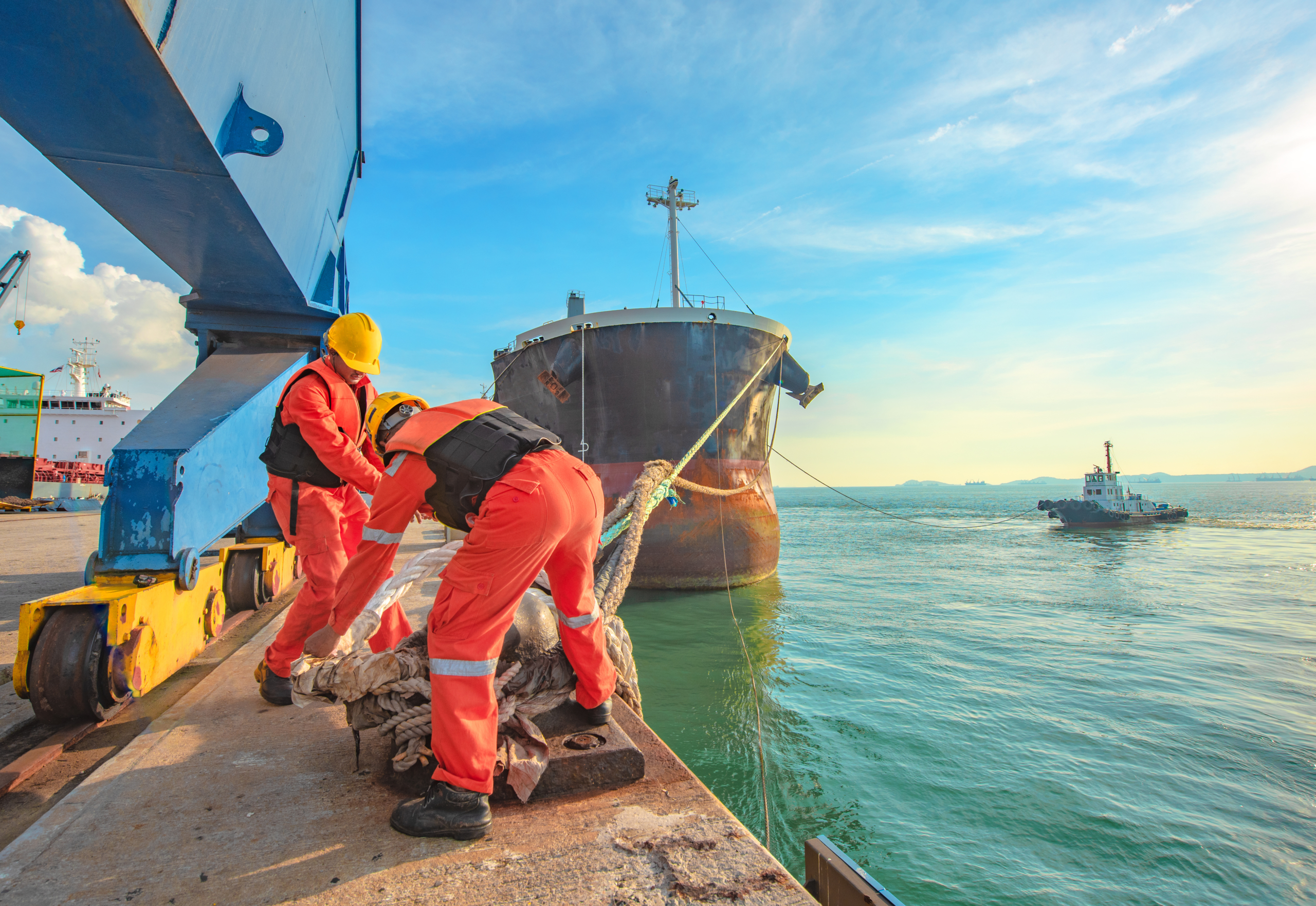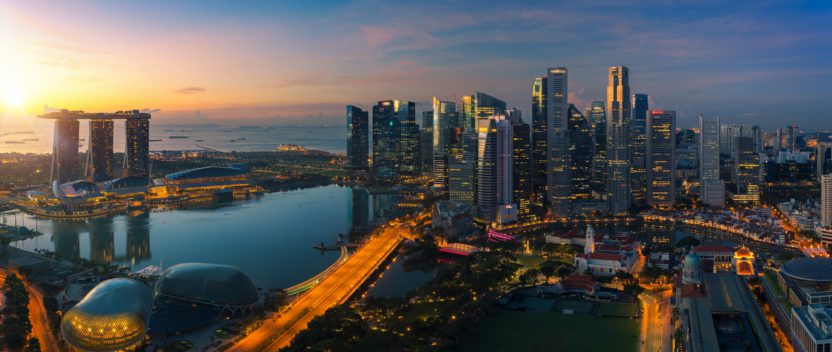Are Seafarers the Solution to Sustainability?

With so much attention on action to decarbonise the maritime economy, it seems obvious to include all possible stakeholders in the conversation. Which makes it curious that of all the voices crucial to the process, seafarers have so far been unrepresented.
There are good reasons for this – COVID-19, affordable access to communications to name but two – but the International Transport Workers’ Federation (ITF) sees decarbonisation as an opportunity for an even bigger transition.
Without training, adaptation, equality of opportunity – and an appreciation of the scale of the challenge – the transition will be neither safe nor sustainable, the ITF reckons. And given that only a very few applications of crew-less ships are likely in the next 20 years, it might be wise to remember who’s driving the boat.
As the ITF points out in a position paper released in early November, seafarers are more exposed to the effects of climate change than the average COP26 negotiator, given that most come from the ‘Global South’ where mitigation measures are most needed.
The low carbon transition will encompass changes including ship design, engine types, and operational procedures; implementing these changes will be a massive effort and the work of seafarers in particular will be essential to its success. It is seafarers who will sail new generations of lower-carbon vessels and it is seafarers who will be problem solvers when problems inevitably arise.
Seafarers that will be driving the transformation to a low-carbon industry on a daily basis and the industry should lean on their knowledge and expertise. To make that work, it is vital that their employment, working conditions, and health and safety are guaranteed and that the costs of the transition are not be placed on seafarers.
Stronger standards are also required for safe operational crewing; competent crews of adequate number on board vessels provide resilience, which reduces risks to crew, vessels and the environment. Improved resilience will be vital as the industry enters into the higher pressure situations created by climate change.
Decarbonisation technologies will need to pass robust health and safety procedures before they are adopted. Technological and operational changes to reduce vessel emissions will create new health and safety risks for seafarers; some of the mooted alternative fuels such as ammonia, hydrogen and methanol involve heightened risks of explosion, corrosion and exposure to toxic gases.
At the same time, the shipping industry must seize the opportunity to make the industry fairer for all groups, including women and young workers. It is important that the industry addresses its long-standing gender segregation, where women only make up 1.3% of the global seafaring workforce.
As the industry revamps its training structures, there is an opportunity for the needs of women workers to be factored in from the start, the ITF believes. And as it develops new ship types, it must also make sure that the new workplace on board is free from violence and abuse.
The industry is moving from a scenario based on one dominant engine and fuel type, to a situation where multiple propulsion systems and fuel types will come on stream in the next 20 years. This will require a multiskilled workforce and a training regime that is fit for purpose. Seafarers must be supported through the transition, with retraining costs fully funded by either employers or governments – or a mixture of both – and there should be guarantees that seafarers do not have to use their limited shore leave to retrain.
Amid the calls for policy levers to be thrown, the ITF argues that governments will need to play a major role in revamping the new system of seafarer training, with active engagement from unions and employers with government oversight.
A new, fully standardised training system should be operated on a not-for-profit basis so that seafarers and new trainees are not exploited by poor quality training institutions with inadequate expertise. An international body would be the preferred means to oversee the system and ensure it is globally standardised. With the revision to the STCW due to come into force in 2035, five years after the first carbon reduction deadline, change needs to happen much more quickly.
Big changes are coming, the ITF concludes and seafarers need to have a say. The coronavirus pandemic has sadly demonstrated to a global audience the vital role that seafarers play and the sacrifices they make to keep essential supplies moving.
As the industry moves into the even bigger challenge of responding to the climate crisis, the contribution of seafarers should not be taken for granted nor their well being neglected. Governments and employers need to step up, they need to put concrete processes into motion now with a meaningful voice for seafarers.
Just as with the broader climate debate, the ITF’s demands for action are many, binding commitments are fewer, but the point is well made; a new digital, low carbon era of shipping should continue with historical practices as the baseline.
The stark alternative is that more seafarers leave the industry, never to return. And as the old saying almost goes ‘No-one knows what I do, until I don’t do it’.


